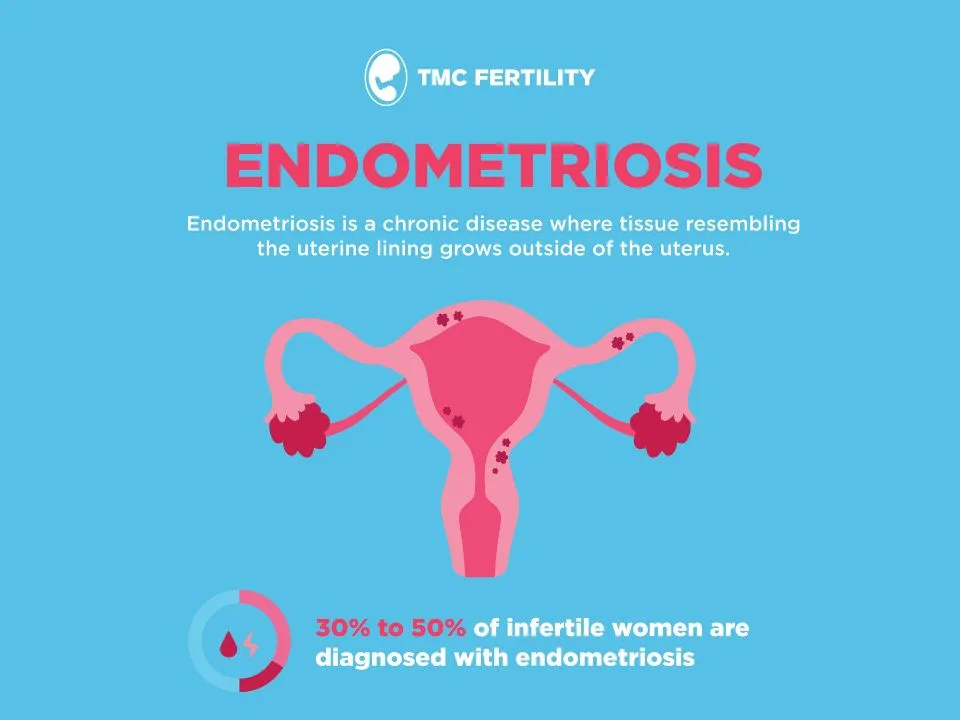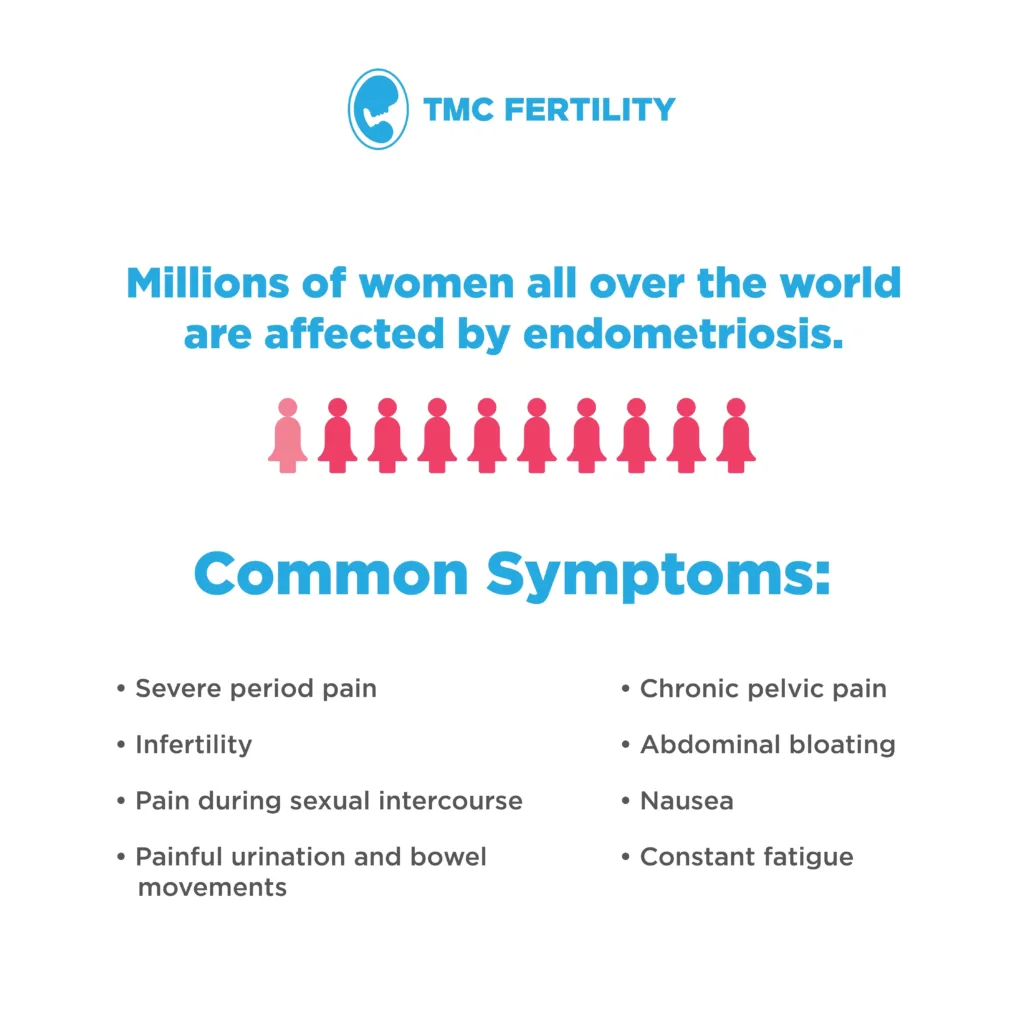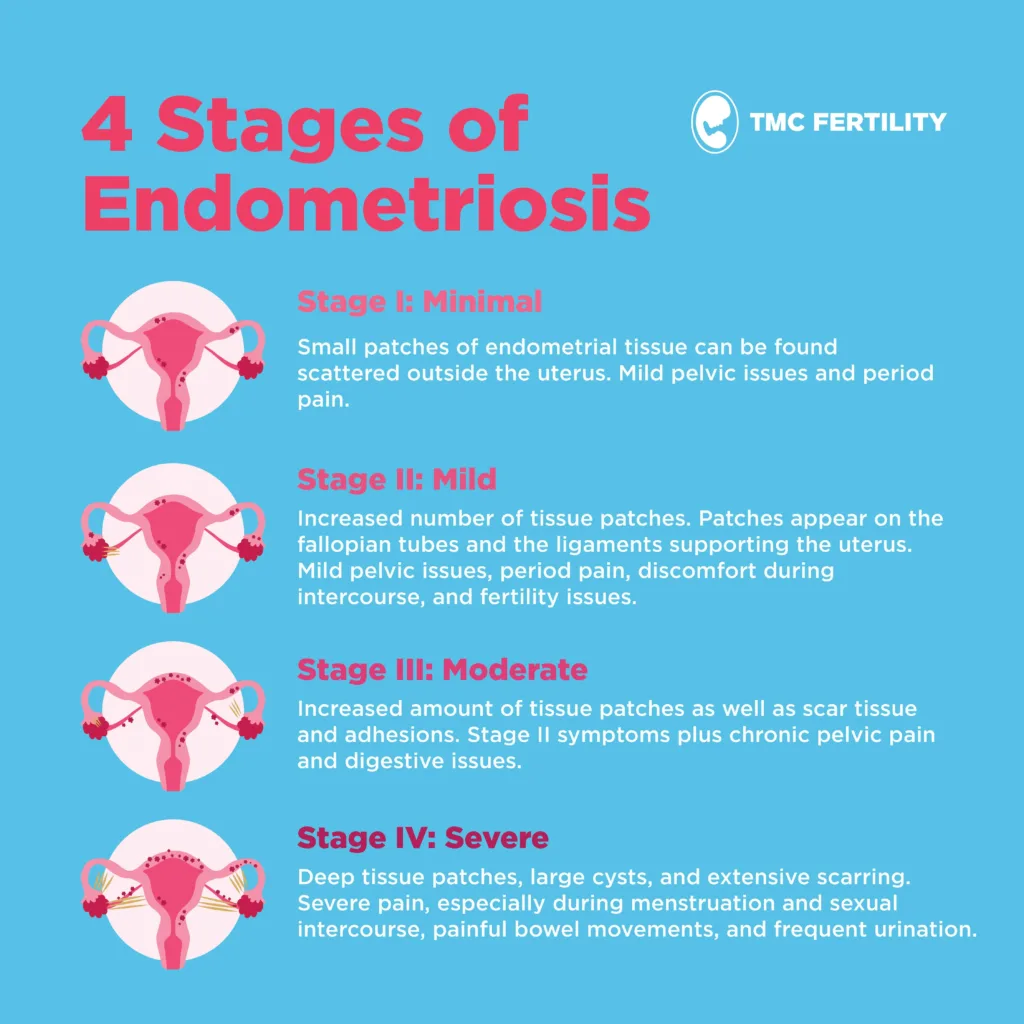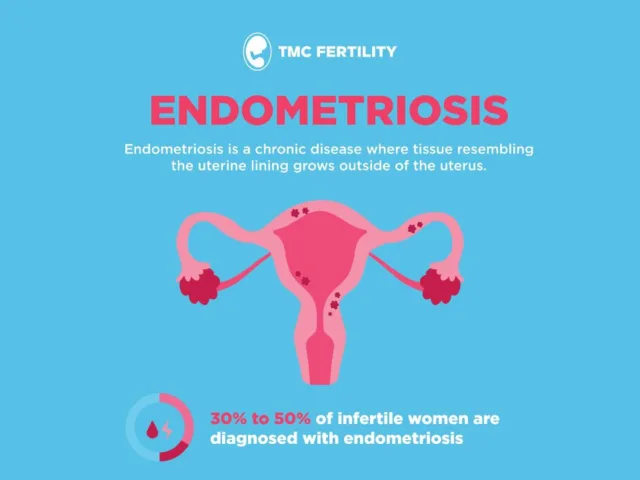
Endometriosis, a chronic disease affecting millions of women worldwide, remains shrouded in mystery and misconceptions despite its prevalence. In Malaysia alone, an estimated 350,000 women grapple with the complexities of this condition. Globally, approximately 10 percent of reproductive-age women and girls face its challenges.
The Silent Battle: Unveiling The Impact

Characterized by tissue resembling the uterine lining growing outside the uterus, endometriosis silently inflicts severe pain and disrupts daily life for many women. Often, symptoms like excruciating menstrual pain, discomfort during intercourse, and chronic pelvic pain go undiagnosed, leading to mental health issues such as depression and anxiety. Additionally, fertility struggles are common, with 30% to 50% of infertile women being diagnosed with endometriosis.
In Malaysia, awareness of endometriosis remains limited, largely due to societal taboos surrounding menstrual health. Surita Mogan, Founder and President of Endometriosis Association of Malaysia (MYEndosis), emphasizes the urgent need for education and destigmatization.
Understanding The Stages

Endometriosis manifests in four stages, each presenting unique challenges and symptoms:
Stage I: Minimal Endometriosis
During this phase of the condition, small and scattered patches of endometrial tissue exist outside the uterus, typically located on the pelvic lining or ovaries. Symptoms may not be evident in some cases. However, mild pelvic pain or discomfort during menstruation might be present.
Stage II: Mild Endometriosis
At this stage, there is an increased number of tissue patches,and they might be slightly deeper. These patches may also appear on the fallopian tubes and the ligaments supporting the uterus. Besides mild pelvic pain, there could be painful menstruation, discomfort during intercourse, and difficulty getting pregnant in some cases.
Stage III: Moderate Endometriosis
For stage 3, there will be an increased amount of tissue patches. There may also be scar tissue and adhesions. In addition to the symptoms in the previous stages, chronic pelvic pain and digestive issues might be experienced.
Stage IV: Severe Endometriosis
In the fourth stage, there would be many deep-seated tissue patches, often accompanied by large cysts and extensive scarring. Pain might be more severe and particularly heightened during menstruation and sexual intercourse. Additionally, there would likely be painful bowel movements and frequent urination.
Shattering Silence, Empowering Women
Early diagnosis and comprehensive care are crucial in managing endometriosis and preserving fertility. Fertility specialists offer various treatment options, including medication, surgery, or a combination tailored to individual needs. Laparoscopic surgery, aimed at removing abnormal tissue growths, is a common approach.
Dr. Liza Ling Ping of TMC Fertility stresses the importance of personalized care and expert guidance in navigating endometriosis.
As we commemorate Endometriosis Awareness Month, it’s imperative to amplify conversations, dispel myths, and provide support for those battling this silent but life-altering disease. Through education, advocacy, and compassionate care, we strive to empower women affected by endometriosis, ensuring they no longer suffer alone.
For more information about TMC Fertility can be found at www.tmcfertility.com, or contact TMC Fertility’s Careline at +6018 211 1088 / +6016 211 1357, or via e-mail at [email protected].










